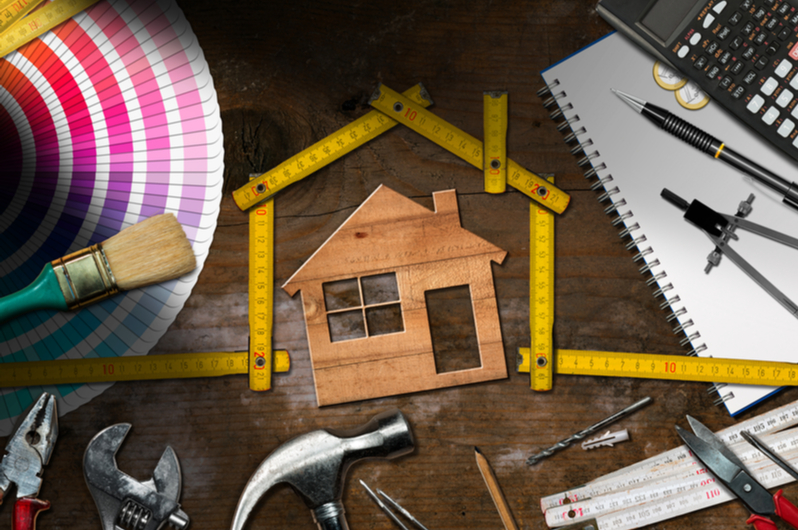Everyone Needs Some Guidance In Their Lives
We at The Consumer HQ are here to direct you. These days, like never before, anything you need can be sent and delivered directly to you with just a click. Regardless of whether you are searching for home improvement help, new furniture for your office, a recipe book to grow your culinary aptitude, or that most recent computer game that you desperately need, we here as consumers have no restrictions on what we can purchase as long as we have enough cash in the bank to pay for it.
Recall the days when in the event that you wanted anything, 99.9% of the time you needed to get in your vehicle and drive to the store to get practically any and everything. Shopping used to be a task back long before the web. At the end of the day, it was a bet that the item or administration would be there when you showed up.
What Is Unique About Us?
Or on the other hand, you could also do a speedy search online after perusing through our website to discover the items you are looking for.
Years prior, it was difficult to be a consumer. The reality was there were not the same number of products available on the market, and shopping on the web was not widely available to all consumers. Shopping was viewed as a need most of the time for the normal American, so going on the web and buying hundreds of dollars worth of products every month was not thought of.
The stock far exceeded the interest, and along these lines, the items were reasonably priced and served to fulfill the requirements of the general public remarkably well. A considerable amount of items out there were held by a limited number of manufacturers which made it harder for the more modest organizations to promote their item. Now, there are a lot of items being pushed by a relatively proportionate population, and due to this persistent surge of ads, it is far simpler to turn into a shopper for the normal individual with the way to buy things.





